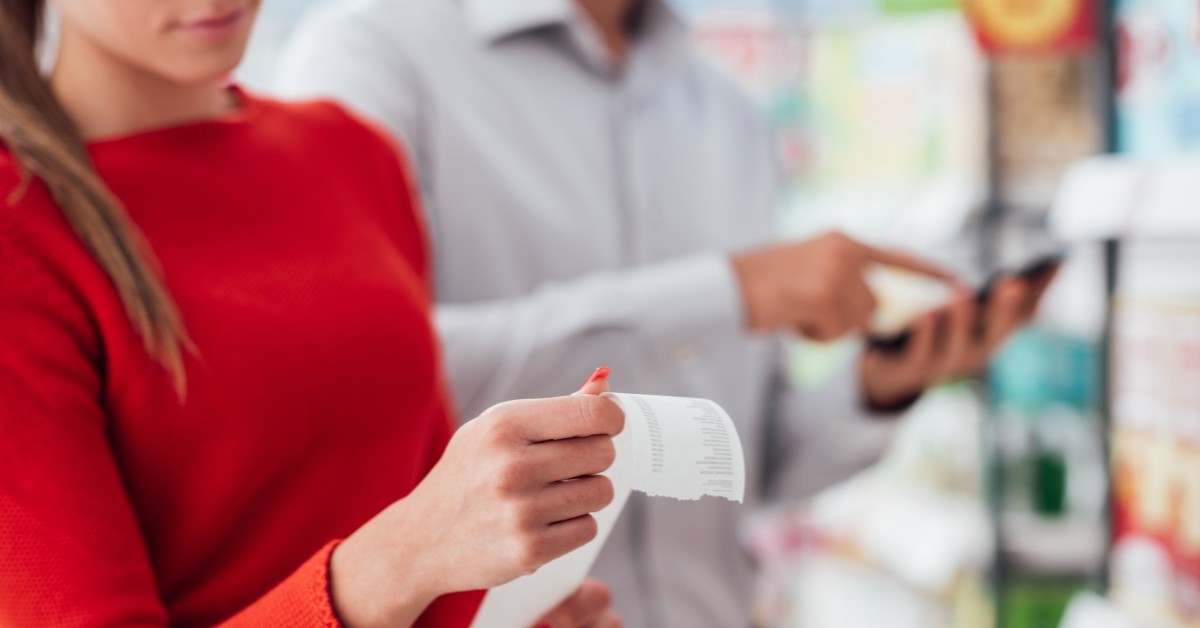The holidays are a joyous time of year. Families get together and celebrate their many blessings they’ve had this holiday season, as well as looking forward to the new year. While the holidays should be a slowdown period where we rest from work like in the days of our agricultural society, today it is usually a period of hustle and bustle. From having coffee with friends to shopping for the perfect Christmas gift, the holidays are a busy time of year.
Dr. Lara Dye is a CSAT (certified sex addiction therapist) in the Austin area, who also helps those suffering from process addictions. She specializes in those who have suffered childhood trauma that had led to these addictive tendencies. Below, we’ll take a look at the signs of shopping addiction to be on the lookout for, and then in our next blog post, we’ll offer up tips on how to survive the holidays if you are suffering from a shopping addiction. Contact Dr. Lara if you are in the Austin, Dallas, or Fort Worth area today!
SHOPPING ADDICTION EXPLAINED
Millions of Americans suffer from a shopping addiction, also known as compulsive buying disorder or compulsive shopping. In fact, it is estimated that 18 million Americans have this compulsion to buy things that they cannot control. This disorder manifests itself in different ways. Some, for example, are addicted to purchasing certain products, such as clothes or jewelry, or they buy anything. However, Dr. Lara Dye in Austin emphasizes that it’s important to understand that the person is not addicted to the items they purchase; they are addicted to the feeling they get when they purchase an item. This feeling is the same rush as someone would get who is addicted to drugs, alcohol, or other substance.
SIGNS OF A SHOPPING ADDICTION
Some people hide their shopping addiction from others, making it difficult to detect at times. They either hide their purchases, or make it seem as if they have a lot of money at their disposal. Many people are in denial that they even have a shopping addiction. Some signs to watch out for include:
Unopened or unworn items in your closet.
If you have boxes of unopened goods and clothing that you’ve never worn, you may have a shopping addiction, especially if these are items you didn’t truly need, you just bought them on a whim. Ask yourself why you purchased these items if you have a lot of them.
You shop when you feel certain ways.
Many people shop when they are depressed in an effort to feel better about themselves. Unfortunately, what often happens is that you feel worse; you have buyer’s remorse big time. If you are noticing a pattern in your shopping behavior that feels overwhelming, call Dr. Lara Dye in Austin today.
HOW DR. LARA DYE CAN HELP WITH SHOPPING ADDICTIONS
The first step of getting help if recognizing that you need it. Dr. Lara Dye offers in-person and remote therapy for those suffering from shopping addictions. All of our consultations and sessions are completely confidential, and you can take advantage of our telehealth remote services if you don’t feel comfortable coming in. Please reach out today to get help with your shopping addiction. Call now.


